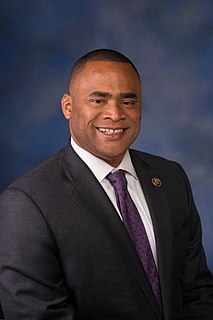A Quote by H. W. Brands
By the early 1960s, there was a moral consensus on what needed to be done on civil rights.
Related Quotes
As Paretsky detailed in her short memoir Writing in an Age of Silence (2007), early optimism buoyed by the civil rights movement of the 1960s and early 1970s has, in her view, all but crumbled in the face of a bombardment of sadism and misogyny, the withholding of civil liberties, and the nation's move from proud speech into near-deafening silence.
They came up with a civil rights bill in 1964, supposedly to solve our problem, and after the bill was signed, three civil rights workers were murdered in cold blood. And the FBI head, Hoover, admits that they know who did it, they've known ever since it happened, and they've done nothing about it. Civil rights bill down the drain.
That was exciting to be able to comment on civil rights. I mean, the civil rights movement that young people don't know about today, but Martin Luther King was considered by the establishment press in the early years of the sit-in movement as a dangerous man, and he was the equivalent at that time as Malcolm X. And he was told to stop his demonstrations; they were against the law and all of that. Now that he's sainted and sanctified we've forgotten.
For black politicians, civil rights organizations and white liberals to support the racist practices of the University of Michigan amounts to no less than a gross betrayal of the civil rights principles of our historic struggle from slavery to the final guarantee of constitutional rights to all Americans. Indeed, it was practices like those of the University of Michigan, but against blacks, that were the focal point of much of the civil rights movement.







































